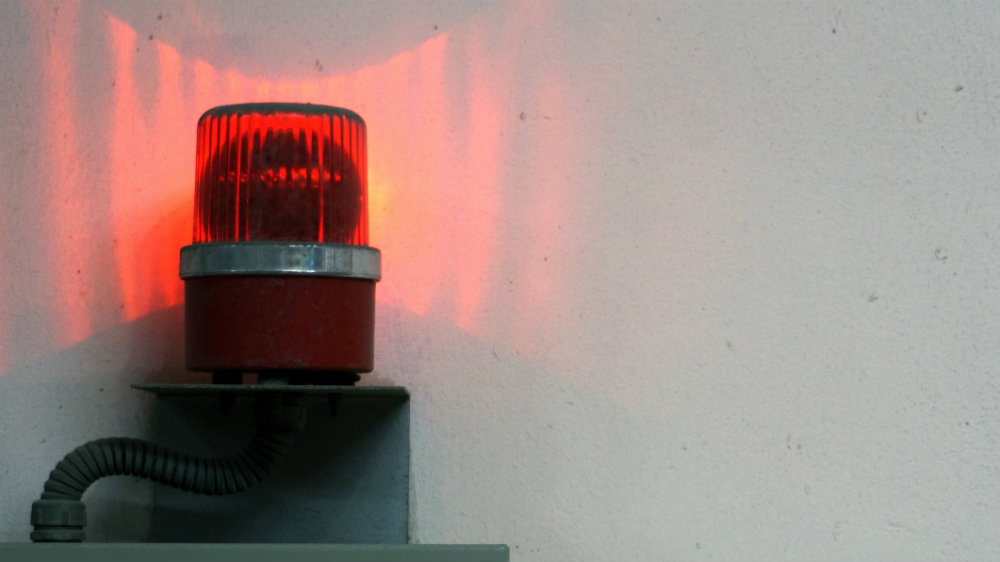There is a general consensus among investors that a recession is likely to occur within the next year. Data that supports this includes slumping home sales, an inverted yield curve, and a general slowdown of economic activity.
For the better part of 2019, I too was convinced that a recession would occur, as evidenced by an article I wrote a couple of months ago. However, after conducting additional research and seeing how the market would react in the last half of 2019, I am now convinced that a recession is not likely for at least another year.
The evidence that suggest this include Royal Bank’s (TSX:RY)(NYSE:RY) share price and the effects of a Trump presidency.
Royal Bank’s share price
In December 2008, the government agency responsible for tracking the economy officially declared that the U.S. had been in a recession since December 2007.
In December 2007, Royal Bank’s share price was trading at $49.90 before declining precipitously to $34.50 one year later.
The National Bureau of Economic Research (NBER) is responsible for tracking the state of economy. It defines a recession as a significant decline in economic activity lasting more than a few months, which is contrary to the popular belief that recessions are two consecutive quarters of decline in real GDP.
Within the NBER is the Business Cycle Dating Committee (BCDC) which is responsible for declaring the start and end dates of a recession, which it does between six and 18 months after the fact. This means that countries often experience a recession prior to it being officially declared.
Taking Royal Bank’s share price as an example, I generated a one-year chart to see how the stock has fared. Within the past 365 days, Royal Bank’s share price increased from $98.40 to $106.33. This is a clear indication that markets still have confidence in the economy’s ability to grow.
If you remember from above, I mentioned that during the 2007–08 recession, Royal Bank’s share price decreased from $49.90 to $34.50.
Trump presidency
Although it a serious accusation to claim that the president of the U.S. is manipulating the markets, it isn’t something that I would put past Donald Trump.
Given his extensive ties to the business community, a lot of President Trump’s friends stand to profit immensely from market volatility.
With the on-going Chinese trade war, the anti-European stance, and Trump’s troop withdrawal from the Middle East, all of it bolsters his America-first policy which ultimately drives up share prices.
Since the inauguration, the DJIA has increased by 35% under the Trump administration. That is definitely not through happenstance.
Given his affinity with advertising the effect of his presidency on the stock market, there is every indication that Donald Trump will do whatever it takes to keep the economy growing, thus preventing a recession.
Bottom line
With all the talk about a recession occurring in 2020, it can often be hard for people to distinguish the truth from pure speculation.
Based on the research that I have conducted, I can say with confidence that the economic environment we are currently in is not comparable to the 2007–08 recession, which suggests that a recession is not likely to occur.
With Royal Bank’s share price declining from $49.90 to $34.50 during the 2007–08 recession and it increasing from $98.40 to $106.33 in the past 52 weeks, there is strong evidence that shows the economy is continuing to grow.








